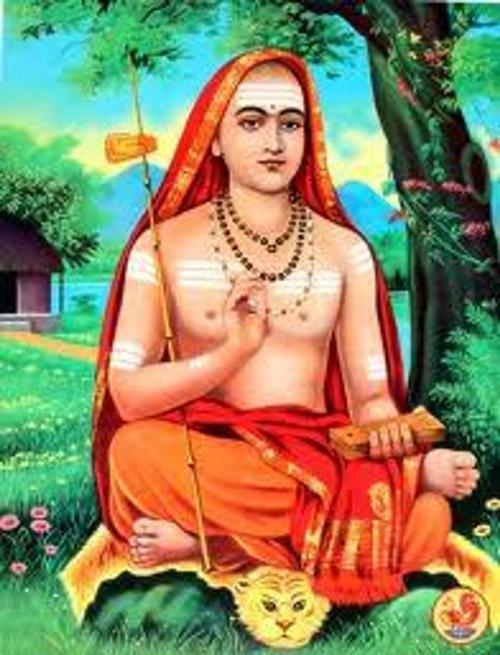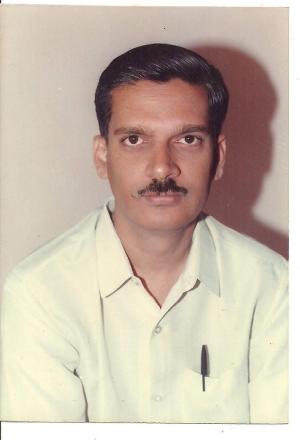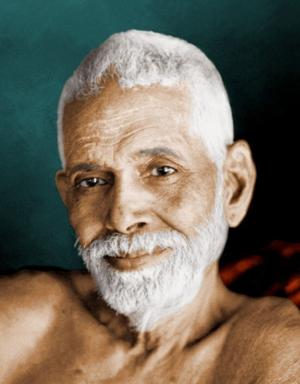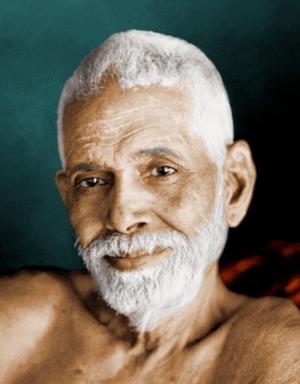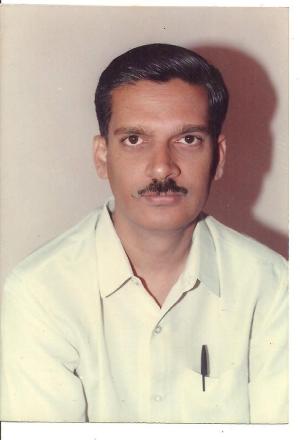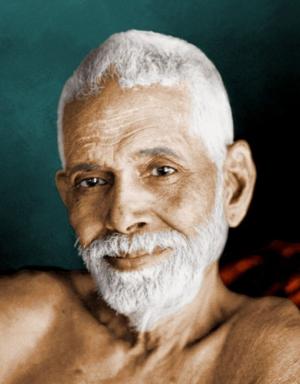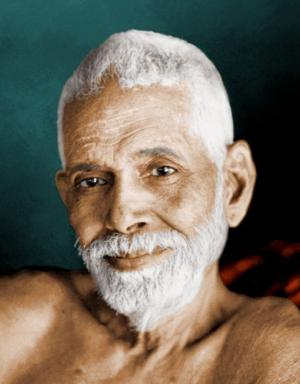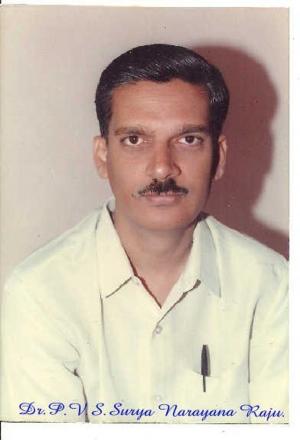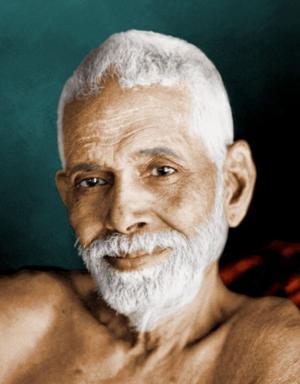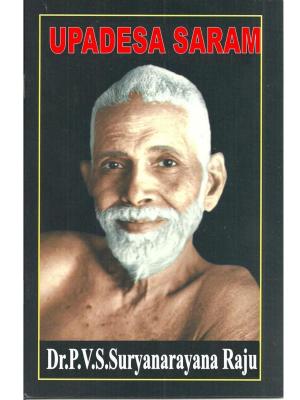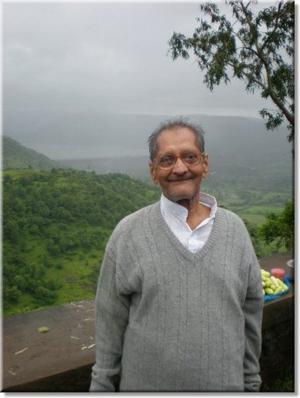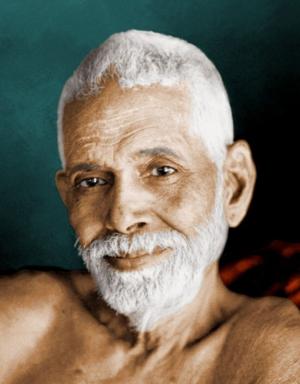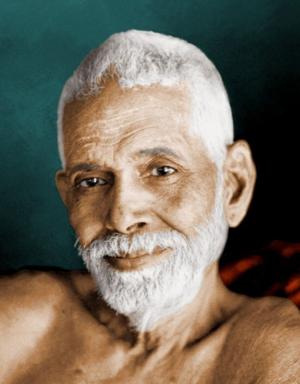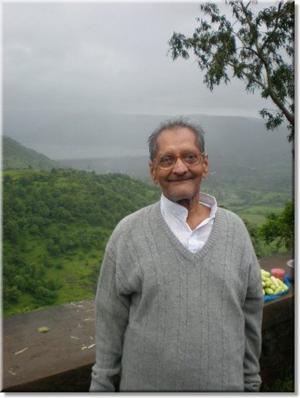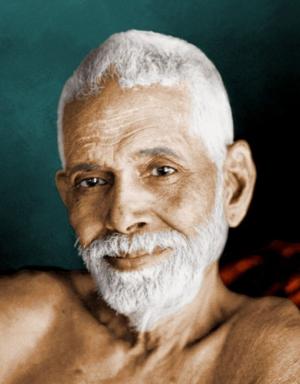Self-inquiry in Adi Sankara's works
Nonfiction, Religion & Spirituality, Inspiration & Meditation, Spirituality| Author: | P.V.S. Suryanarayana Raju | ISBN: | 9781476353524 |
| Publisher: | P.V.S. Suryanarayana Raju | Publication: | April 11, 2012 |
| Imprint: | Smashwords Edition | Language: | English |
| Author: | P.V.S. Suryanarayana Raju |
| ISBN: | 9781476353524 |
| Publisher: | P.V.S. Suryanarayana Raju |
| Publication: | April 11, 2012 |
| Imprint: | Smashwords Edition |
| Language: | English |
Sage Sri Sankaracharya, the great Indian Philosopher and social reformer who lived in the 8th century, was born in a tiny village Kalady in Ernakulam District of Kerala, India, on the banks of famous River Periyar. In his short lifespan of thirty-two years, he became one of the greatest teachers of the Vedas..The only weapon he used for this achievement was pure knowledge and spirituality. Sankara is considered to be the incarnation of Lord Shiva.
His teachings are based on the unity of the soul and Brahman, in which Brahman is viewed as without attributes. Shankara travelled across India and other parts of South Asia to propagate his philosophy through discourses and debates with other thinkers.
He was a major proponent of the Vedanta tenet that 'Lord Brahma and men are of one essence and every individual should try to develop this vision of oneness'.
He founded four Shankaracharya peethas (monasteries) called ‘mathas’, in the four corners of India, to uphold his spiritual teachings. They are -
Sarada Peetham at Sringeri (Karnataka),
Kalika Peetham at Dwaraka (Gujarat),
Jyotih Peetham, Badarikashrama (Uttarakhand/Uttaranchal) and
Govardhana Peetham in Jagannath ,Puri (Orissa).
These peethas are amongst the most revered pilgrim destinations in the country.
The teachings of Sankara can be summed up in half a verse: “Brahma Satyam Jagan Mithya Jivo Brahmaiva Na Aparah—Brahman (the Absolute) is alone real; this world is unreal; and the Jiva or the individual soul is non-different from Brahman.” This is the quintessence of his philosophy.
Adi Sankara Acharya travelled widely in India and preached his Advaita philosphy wherever he went. He taught supreme Brahman is Nirguna (without the Gunas), Nirakara (formless), Nirvisesha (without attributes) and Akarta (non-agent). He is above all needs and desires. Brahman alone is real, this world is unreal; the Jiva is identical with Brahman.
Sankara's teachings will continue to live as long as the sun shines.
Sage Sri Sankaracharya, the great Indian Philosopher and social reformer who lived in the 8th century, was born in a tiny village Kalady in Ernakulam District of Kerala, India, on the banks of famous River Periyar. In his short lifespan of thirty-two years, he became one of the greatest teachers of the Vedas..The only weapon he used for this achievement was pure knowledge and spirituality. Sankara is considered to be the incarnation of Lord Shiva.
His teachings are based on the unity of the soul and Brahman, in which Brahman is viewed as without attributes. Shankara travelled across India and other parts of South Asia to propagate his philosophy through discourses and debates with other thinkers.
He was a major proponent of the Vedanta tenet that 'Lord Brahma and men are of one essence and every individual should try to develop this vision of oneness'.
He founded four Shankaracharya peethas (monasteries) called ‘mathas’, in the four corners of India, to uphold his spiritual teachings. They are -
Sarada Peetham at Sringeri (Karnataka),
Kalika Peetham at Dwaraka (Gujarat),
Jyotih Peetham, Badarikashrama (Uttarakhand/Uttaranchal) and
Govardhana Peetham in Jagannath ,Puri (Orissa).
These peethas are amongst the most revered pilgrim destinations in the country.
The teachings of Sankara can be summed up in half a verse: “Brahma Satyam Jagan Mithya Jivo Brahmaiva Na Aparah—Brahman (the Absolute) is alone real; this world is unreal; and the Jiva or the individual soul is non-different from Brahman.” This is the quintessence of his philosophy.
Adi Sankara Acharya travelled widely in India and preached his Advaita philosphy wherever he went. He taught supreme Brahman is Nirguna (without the Gunas), Nirakara (formless), Nirvisesha (without attributes) and Akarta (non-agent). He is above all needs and desires. Brahman alone is real, this world is unreal; the Jiva is identical with Brahman.
Sankara's teachings will continue to live as long as the sun shines.
